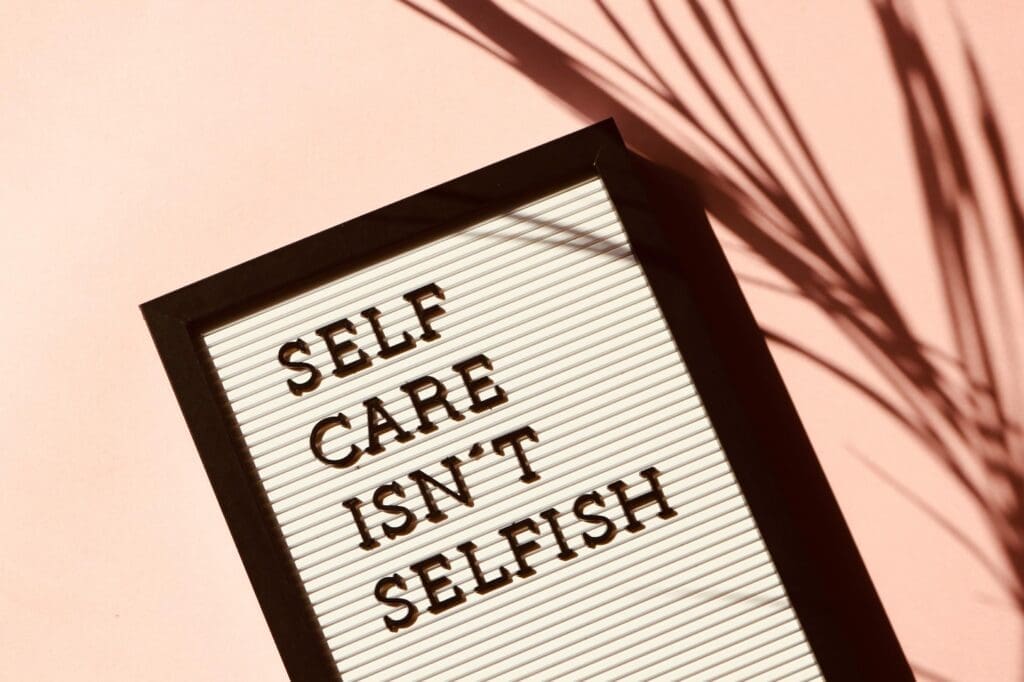Determining whether your relationship is toxic can be difficult. Sometimes, we overlook behaviors that may actually be harmful. That is why it is important to recognize the signs of a toxic relationship. Being aware of these negative patterns and their impact on your emotions can help you protect your mental well-being and make healthier choices.
****
Common Signs Of A Toxic Relationship
Common signs of a toxic relationship include control, manipulation, emotional abuse, and gaslighting. Toxic partners often use manipulation to maintain control, which can make the other person feel trapped and stripped of their freedom. For example, a toxic partner might discourage you from spending time with friends or family, claiming they aren’t good for you. This is often a tactic to make themselves your sole source of comfort and support.
Jealousy is another red flag in a toxic relationship. A toxic partner may get upset if you don’t respond immediately, jumping to conclusions and assuming you are talking to someone else when, in reality, you are just busy. This kind of reaction often stems from a lack of trust and a need for control.

The Difference Between Emotional And Physical Toxicity In A Relationship
There are key differences between emotional and physical toxicity in a relationship. Emotional toxicity often involves manipulation, where a toxic partner may withhold affection or support as a form of punishment. It also deeply affects self-esteem and self-worth, making you question your value and perception of yourself.
Physical toxicity, on the other hand, includes any form of physical harm, such as hitting, slapping, or throwing objects with the intent to cause injury. In some cases, physical abuse may initially seem like an “accident,” but recognizing patterns early is crucial for your safety and well-being.
How Toxic Relationships Impact Mental Health
Toxic relationships can take a serious toll on your mental health. You may experience heightened anxiety, especially if your partner places unrealistic expectations on you or gets upset over things beyond your control.
Feeling misunderstood is another common struggle. If your partner dismisses your feelings or refuses to listen during arguments, it can leave you feeling unseen and unheard. Over time, these patterns can wear down your self-esteem, making it even harder to recognize your worth outside the relationship.
The Difference Between A Healthy And Toxic Relationship
There are several key differences between healthy and toxic relationships. One major distinction is the difference between normal relationship struggles and toxic patterns. Disagreements are inevitable in any relationship, but they become toxic when they involve name-calling, demeaning behavior, or a lack of respect.
These negative behaviors can escalate conflicts and turn them into toxic cycles. In a healthy relationship, communication and mutual respect are at the core. In contrast, toxic relationships often involve harmful behaviors that can be emotionally or even physically distressing, sometimes reaching a level that may be considered abusive.

How To Heal After A Toxic Relationship
Healing after a toxic relationship is possible. One of the most important steps is setting boundaries, not just to protect yourself, but to help you regain control. Toxic relationships are often unbalanced, with one person holding more power than the other. This dynamic can leave the other person feeling powerless, as if they have lost control over their own life. That is why reclaiming that sense of control is essential.
Seeking support is another powerful way to heal. Finding the right therapist can be incredibly empowering, giving you a safe space to process your experiences and the mental toll they have taken. Talking through what you endured can help ease lingering thoughts and anxieties, while therapy can also guide you in building healthier habits for yourself and future relationships.





